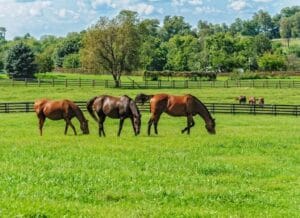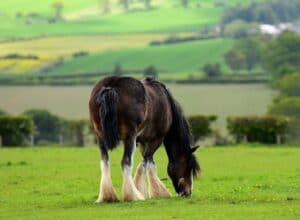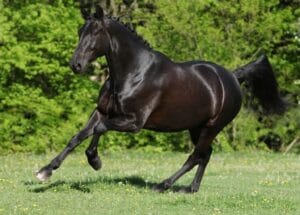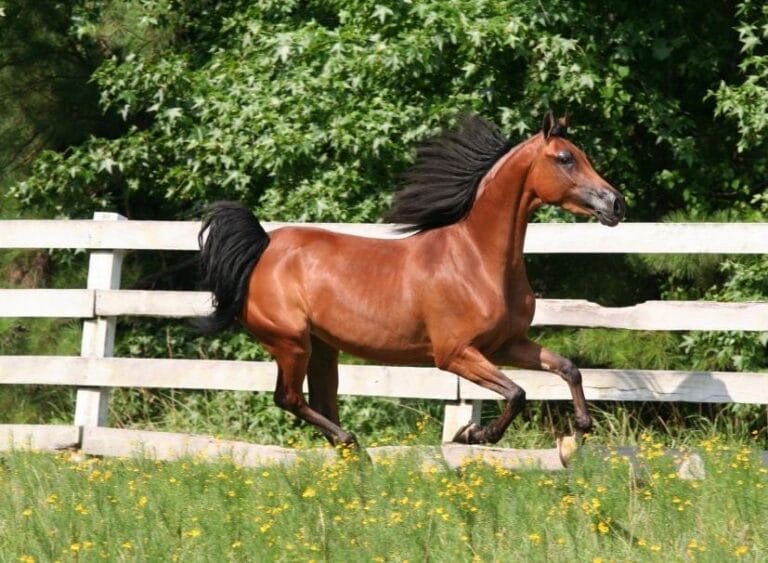Have you ever heard the terms hot blooded, cold blooded and warm blooded in horses, but wondered what it all meant? Horses are mammals, so they’re all warm blooded, right? Well, biologically speaking, that is indeed correct. All horses have an actual body temperature of around 37.5-38.5 degrees Celsius. What people are referring to when they use these terms in reference to horses, are temperament and body type.
Hot blooded horses, also known as horses of ‘blood’, are types that are known to be high-strung, feisty, and potentially more nervous than other types. They are physically more finely built and show refined features, such as a delicate head and long, thin legs. The breeds that fit into this category tend to include Thoroughbreds and Arabians.

Cold blooded horses, on the other hand, are heavy types, primarily consisting of Draft breeds. They were often used to plough fields and do other agricultural work. Physically, they tend to have a large body, on thick legs, with a less-refined head. The temperament of these horses is a lot calmer and more chilled out than their hot-blooded counterparts. Some examples are the Shire, Clydesdale, Suffolk Punch and Percheron.

When you combine hot and cold, you get warm. Warm blooded horses were originally bred from crossing individuals from the previous two categories. The influence of both types tends to create calmer horses than those hot blooded firecrackers, but with more athleticism than the cold blooded cruisers. These days, Warmbloods are breeds in their own right, some have studbooks dating back hundreds of years. The Trakehner is said to be the oldest of the warmblood breeds, being founded in 1732. These horses were first designed for use as cavalry mounts, then later as sport horses. Other popular warmbloods include the Hanoverian, Holsteiner and Selle Francais to name a few. Warmbloods have been so successfully selectively-bred as sport horses, they tend to dominate the worlds of dressage, jumping and even driving. They do make great eventers too, but the classic Thoroughbred still gives them a run for their money in that domain.




